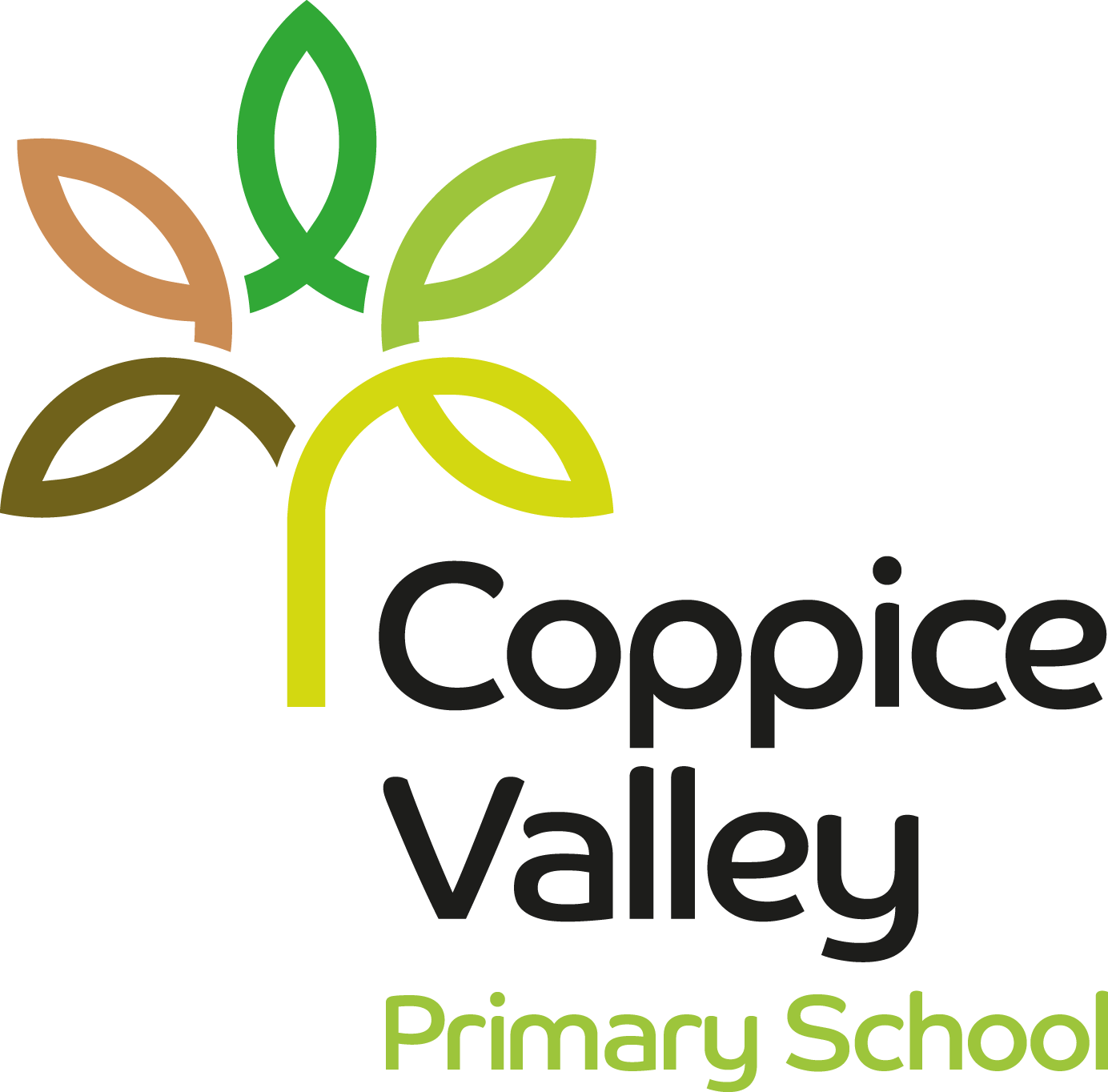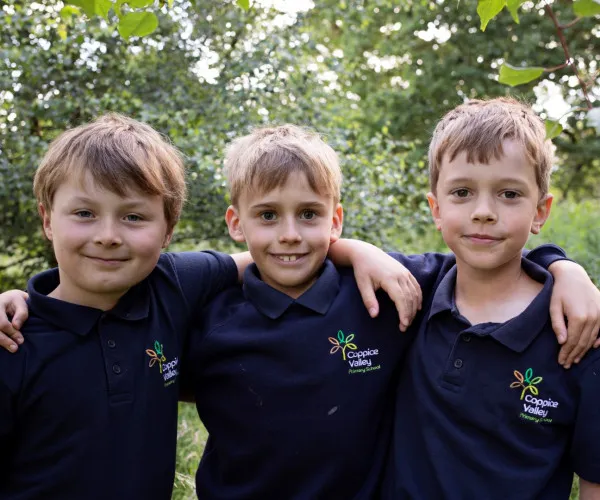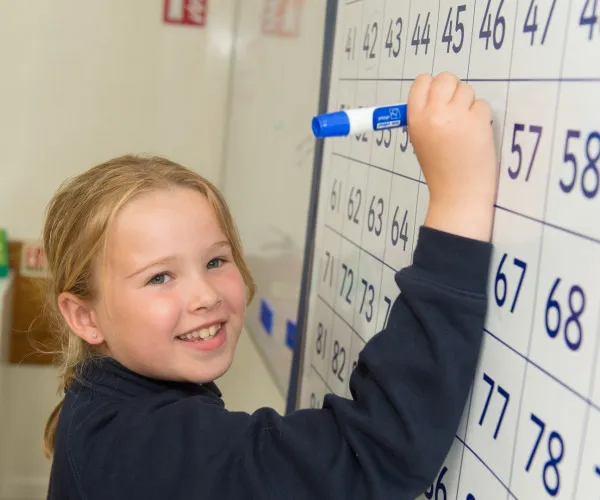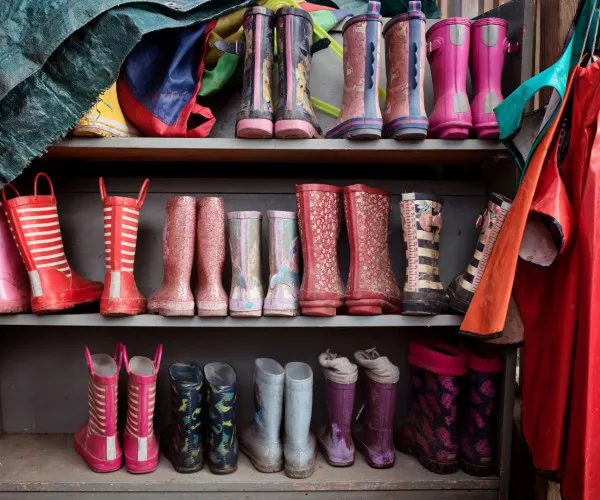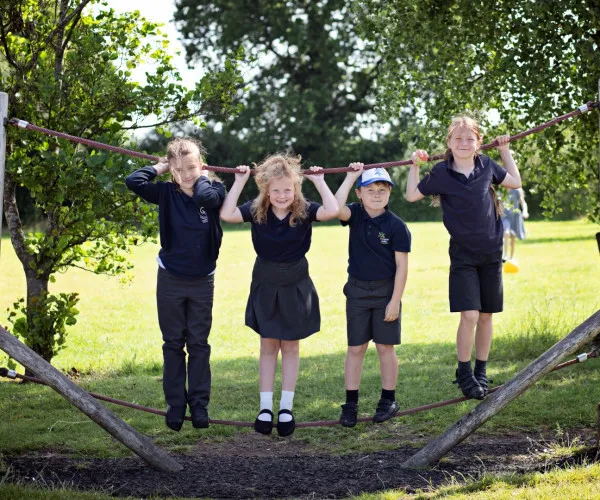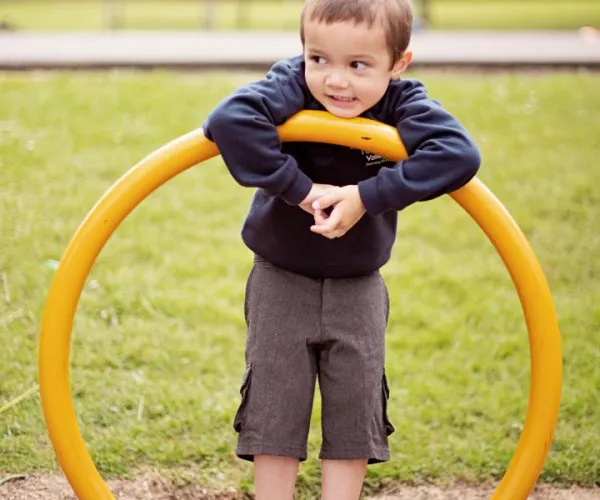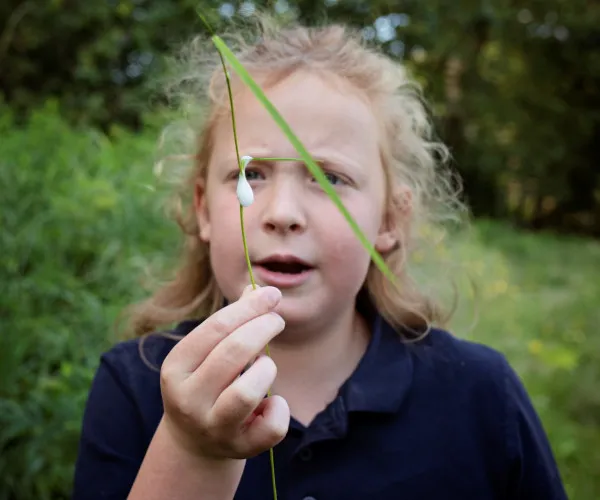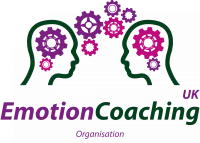Mental Health and Wellbeing
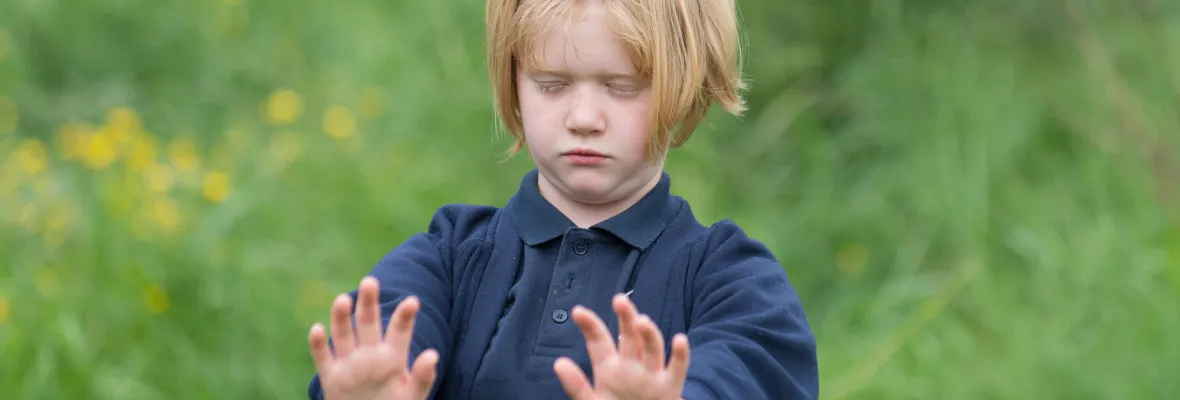
 We're very proud to have been awarded the School Mental Health Award GOLD by the Carnegie Centre of Excellence for Mental Health.
We're very proud to have been awarded the School Mental Health Award GOLD by the Carnegie Centre of Excellence for Mental Health.
The award recognises that Coppice Valley is excelling in mental health education and provision for its pupils as well as contributing to improving mental health practices in school at a national level.
Our Aims and Principles for Mental Health
At Coppice Valley, we recognise that good mental health is as important as good physical health. Our pupils are taught self-care techniques, including recognising and managing emotions, exercise, relaxation and how to build relationships through a rich and varied curriculum. We teach our children how they can help others with their mental health in age appropriate ways.
We use the DfE's guidance, Mental Health and Behaviour in Schools, as a guide and work to the their ideals:
- Prevention: creating a safe and calm environment where mental health problems are less likely, improving the mental health and well being of the whole school population, and equipping pupils to be resilient so that they can manage the normal stress of life effectively. This will include teaching pupils about mental well being through the curriculum and reinforcing this teaching through school activities and ethos.
- Identification: recognising emerging issues as early and accurately as possible.
- Early support: helping pupils to access evidence based early support and interventions.
- Access to specialist support: working effectively with external agencies to provide swift access or referrals to specialist support and treatment.
Staff and governor well-being is of the greatest importance to the school too.
We have a great offer to support our community of staff and volunteers, detailed in the document below.
We are committed to becoming a School of Sanctuary.
We need to complete an assessment process which looks at eight criteria across school.
Mental Health Ambassadors
For World Mental Health Day, our ambassadors made a PowerPoint of some of the ways in school we can support each other with our mental health and wellbeing. Children were reminded about these strategies as part of our celebrations and were gifted a yellow band to celebrate the day.
Phunky Foods Programme
A whole school approach to healthy lifestyle through art, drama, play and a hands on food experience.
In this video, our pupils tell you about our worry boxes.
This video shows you how we use our Feelings Boards
Five Ways to Wellbeing - Connect
HOW DO WE SUPPORT MENTAL HEALTH AT SCHOOL?
- Whole School Provision-The foundation for our mental health offer is our Whole School Provision. Learning about mental health is part of our Personal, Social and Health Education (PSHE) curriculum for all children. This teaching and learning for all is part of the Prevention phase of mental health, mentioned above. Children receive 1 hour of dedicated PSHE teaching each week. Beyond lesson time, our school culture embeds good mental health. For example, our extensive grounds have been developed as a haven for nature and reflection. Our meadow and mindfulness areas are used frequently by staff, teaching pupils how to meditate and attend to their own mental health. Pupils also have access to these areas at playtimes as well as our Calm Club. This is a quiet space open at lunchtimes in our cabin, where children can enjoy quieter and calmer activities such as colouring, lego and reading. There is always a staff member on duty for children to talk to.
- We also have dedicated Mental Health Days when we promote and celebrate good mental health for all though The Five Ways to Well Being (see child-friendly flyer below). Across the school, you will see staff leading pupils through meditation and mindfulness activities, perhaps after an energetic playtime before starting some work. When pupils' emotions are causing them distress, we use The Take Five breathing strategy, so that our children can learn to regulate their emotions whenever they need to.
- Low Level Needs - This is the Identification phase, from the the DfE model. We have a variety of ways that our children can let us know how they are feeling. Each class has an emotional register that children fill in on entry to school each morning. By simply drawing a smiley, neutral or sad face next to their name as they get ready for the day. Staff can then pick on pupils' state of mind and chat to them about it. We also have worry boxes in each class for children to write a note, if they prefer to. Our staff have been trained by Compass Buzz, a charity providing health and well being services for children, families and communities to help them identify when a child may need some additional support. We may use The Resilience Framework or Boxall Profile to help us identify what types of support we could offer. If we think your child may benefit from some bespoke support, we will always talk to you about it first.
- Medium Level need - Individualised Support for our pupils who may be experiencing mental health and well being difficulties. After identifying and talking to parents, providing some support for the pupil is the next step. This is the Early Help phase. Getting support in a timely fashion can stop a mental health issue from developing further. There are lots of ways we can support children in school, which can range from being very light touch ( e.g. a simple chat, organising a playtime buddy or a daily check-in to see how they are feeling) to a series of individual or group sessions with a trained staff member using recognised support programmes and interventions such as Drawing and Talking. Miss Wright is a trained ELSA - Emotional Literacy Support Assistant - meaning she can develop and deliver individualised support programmes to meet the emotional needs of children. More detail on our staged support system is explained here in our Pupil Well Being Pyramid.
- High Level Need - Signposting to External Support - occasionally, some children may benefit from expert mental health professionals. We can help families to access this support. We will work with these agencies to provide support in school as best we can.
- Capturing the Children's Voice - it's important to us that our children get a say in our mental health and well being offer. We have Pupil Well Being Ambassadors who meet with Miss Wright regularly to express the views of their classes. In addition, our termly Pupil Voice Conference gives all children an opportunity to tell staff what they think about our school, including mental health and well being. The school also participates in the North Yorkshire County Council Growing up in North Yorkshire children's survey which covers mental health.
-
Working with Parents
- Parents are an integral part of our Mental Health offer at Coppice Valley. We actively promote good mental health for all and make it part of our mission to further educate our parents, local community and beyond about the benefits of good mental health.
- Parents are always included in any concerns we have about a pupils’ health. We ensure that parents have a voice and recognise their contribution.
- We try to support parents who are concerned about their children’s mental health in a number of ways e.g. FaceBook support group, opportunities for “tea and a chat” with staff in school and facilitating links to external agencies.
-
The Environment
- Calm & Peaceful Classrooms – our learning environments are set up to be safe and calming places for pupils to learn. We use neutral colour schemes so they are not over-stimulating. We use low level lighting and plants to create a sense of calm. Classrooms have timetables, rules and procedures displayed so that pupils can feel secure in the expectations within the room. Adults understand the importance of creating spaces that are conducive to good mental health.
- Appreciating Nature & Beauty – we’ve created places to nurture mental health in our extensive grounds. Our allotment beds, wildflower meadow, willow arch maze and wide green open spaces are used to foster children’s joy and wonder
HOW CAN I GET HELP FOR MY CHILD?
If you are worried your child may be experiencing mental health issues, please talk to your child's class teacher, Miss Wright or Miss McNamara. The following flow chart shows you some of the ways you can access support and what that might look like.
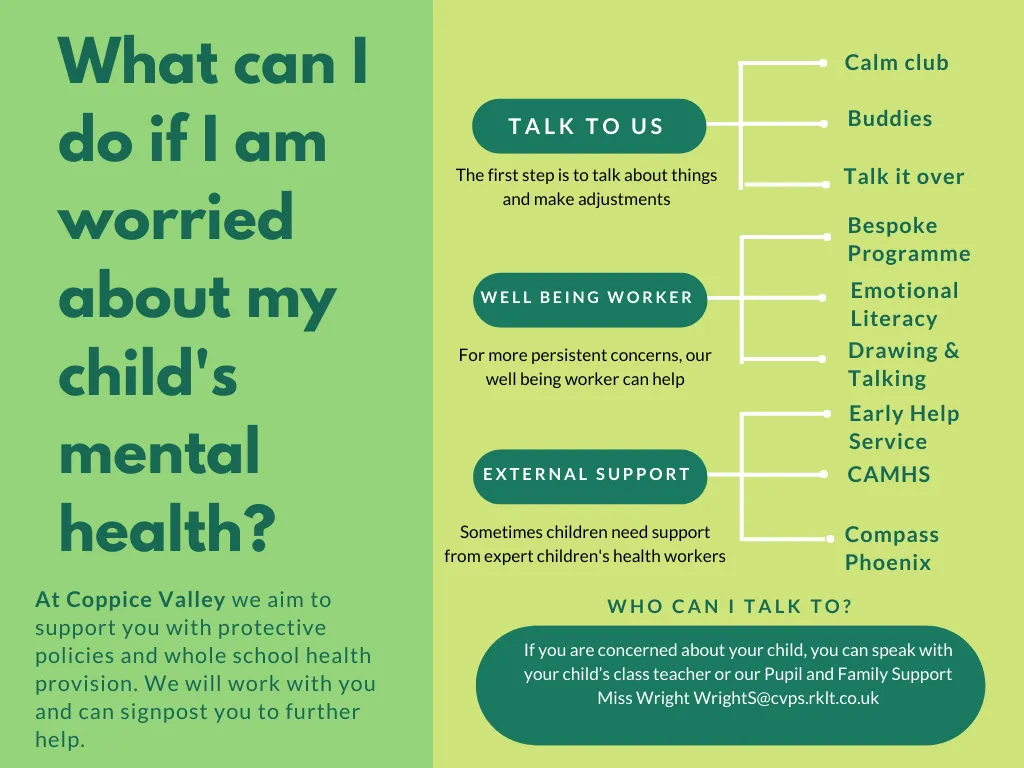
Though our staff are trained to offer support at school level, we cannot act as mental health experts and we do not try to diagnose conditions. We have clear systems and processes in place for identifying possible mental health concerns, including routes to escalate concerns and clear referral and accountability systems. We endeavour to create a safe and calm educational environment and strengthen resilience before serious mental health problems occur.
WHERE CAN I GET MORE ADVICE ABOUT CHILDREN'S MENTAL HEALTH?
Here are some local services to support your child's mental health
-
CAMHS (Child & Adolescent Mental Health Service) Access to CAMHS is usually through your GP. For all routine referrals to the Child and Adolescent Mental Health Service please contact CAMHS on 0300 0134778 (Monday to Friday 9am to 5pm) for advice and a referral form.
-
Compass Reach Helping young people aged from nine to 19 across North Yorkshire affected by substance misuse, poor sexual health and issues relating to emotional wellbeing and mental health, can access free help, advice and practical support at Compass REACH. Support usually takes place in school or in a place that suits you.
National helplines and advice website
-
If you would like some guidance about talking to your child about emotions this BBC link has some great advice.
-
Childline website offers a range of support and advice on anything that may be worrying you. They can offer counselling and 1-2-1 support
- MindEd for Families. Are you a parent or carer who is worried about their child's mental health? Do you want some hints or tips on parenting? MindEd for Families has advice from trusted experts.
- YOUNG MINDS is the UK’s leading charity committed to improving the emotional well being and mental health of children and young people. Click on this link to find out more information and for a Parent Phone line you can call for free advice.
- Anna Freud National Centre for Children and Families - Tips for Talking to your Children about Mental Health
- LGBTQ CyberBullying: A guide for parents
The Five Ways to Well Being are a recognised way for everybody to look after their well being. We teach the children about them.
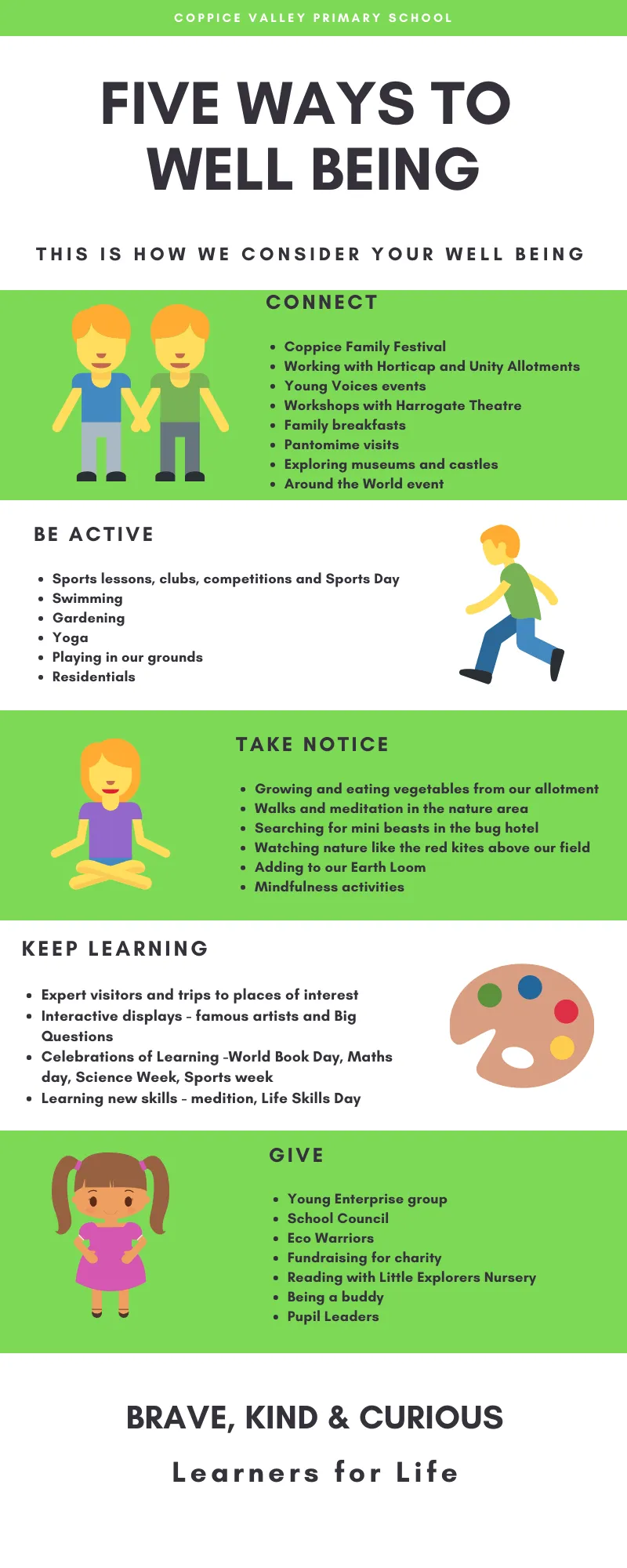
- Our School
- Welcome from the Headteacher
- Our Vision and Ethos
- Admissions
- Term Dates
- Governance
- Our Staff
- Our Policies
- Results and Performance
- School Improvement
- Ofsted
- Safeguarding
- SEND
- Equalities, Diversity & Inclusion
- British Values, Tackling Radicalisation & SMSC
- Mental Health and Wellbeing
- About Red Kite Learning Trust
- Vacancies
- Teacher Training
